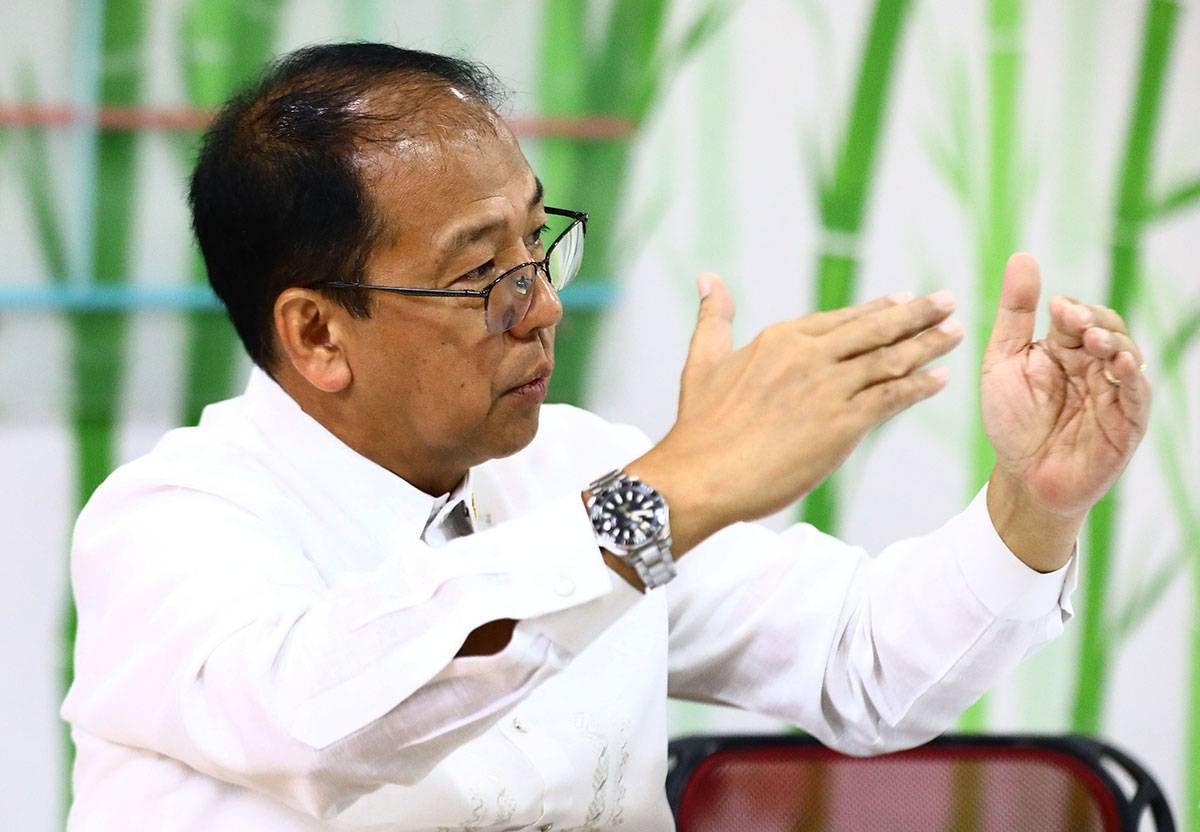The recent amnesty proclamations issued by President Ferdinand Marcos Jr. have sparked discussions and debates regarding their scope and implications. To provide clarity on this matter, Presidential Peace Adviser Carlito Galvez Jr. has emphasized that these proclamations do not grant “blanket” amnesty to former rebels and do not absolve them of their civil liability for any injuries or damages caused to private individuals.
Galvez further clarified that mere membership in a rebel group, such as the Communist Party of the Philippines-New People’s Army-National Democratic Front (CPP-NPA-NDF), is not sufficient to qualify for amnesty. Applicants must demonstrate remorse, admit to the crimes they have committed, and prove that they have completely turned away from a life of violence and armed struggle.
It is important to understand that the purpose of amnesty is to extinguish any criminal liability for the acts covered by the amnesty grant and to restore all civil and political rights that may have been suspended or lost due to a criminal conviction.
However, striking the right balance between the state’s obligation to protect and promote human rights and its commitment to peace, reconciliation, and unity is a delicate task. This responsibility falls on the shoulders of the National Amnesty Commission (NAC).
According to Galvez, the NAC is tasked with ensuring the expeditious but cautious processing of amnesty applications from former rebels. This process involves careful evaluation of each applicant’s eligibility based on the criteria outlined in the amnesty proclamations.
Galvez commended the recent approval of four concurrent resolutions in the House of Representatives that grant amnesty to former rebels. These resolutions, namely 19, 20, 21, and 22, cover members of the CPP-NPA-NDF,







